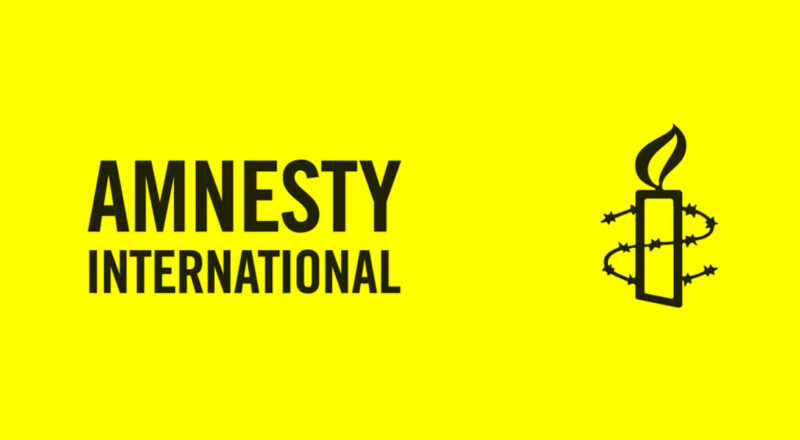It is difficult to imagine a world where we would not be able to communicate between different telecommunication or email providers. However, this is the current reality for social networking and online messaging services.
Our digital lives are dominated by a few online platforms which we have become dependent on to access and share information and to communicate with one another. For most people, it is difficult in practice to leave a platform where all their friends and family are. Because of their powerful position, tech companies can make the use of their services conditional on any terms of service, including detrimental ones, confronting us with a take-it-or-leave-it option.
Gatekeepers and human rights
The dominance of these ‘gatekeeper’ platforms means in practice people have become reliant on their services to facilitate the enjoyment of rights such as freedom of expression and the rights of peaceful assembly and association. This has created a paradoxical situation where for people to exercise their rights in the digital age, they are forced to accede to a business model that inherently undermines their human rights and to accept being surveilled, controlled and manipulated by tech companies. Such practices are only increasing in breadth and depth in parallel with the erosion of any meaningful alternatives. As with all systems of surveillance, this has a disproportionate impact on marginalised groups and exacerbates existing structural inequalities.
One of the most important ways to address the dominance of Big Tech is to ensure that people can move freely between platforms and choose more rights-respecting alternatives.
Claudia Prettner, Amnesty International
It is therefore vital that the EU’s new digital rules cut to the core of the dominance of Big Tech and their business models predicated on intrusive surveillance, profiling and manipulation at scale. One of the most important ways to do this is to ensure that people can freely move between platforms and choose more rights-respecting alternatives.
What the DMA can do
The proposal for a Digital Markets Act (DMA) recognises the network and lock-in effects and data-driven advantages of gatekeepers providing core platform services such as social networking, video-sharing or online messaging services. It imposes a number of “do’s” and “don’ts” on these gatekeepers to tackle power imbalances and open up platform markets. But the majority of these obligations are focussed on creating better conditions for business users within a gatekeeper platform, rather than enabling alternative platforms to emerge that would give end-users more choice.
The DMA already contains some requirements that aim to facilitate switching between services, including effective data portability and increased interoperability for providers of ancillary services like identification or payment services. However, the proposal does not require gatekeepers to enable competing platforms to interoperate with the gatekeeper’s core services, which would allow people to communicate across platforms.
Mandatory requirements for interoperability imposed on gatekeepers are crucial to limit the risks of user lock-in and the network effects that tie users to one dominant platform. Such requirements would truly open up the market and allow the emergence of alternative platforms, which in turn would enable users to benefit from increased competition and give them a genuine choice between different core platform services.
Interoperability for more diversity
With interoperability, competing platforms and innovative startups could distinguish themselves from gatekeepers by providing users with alternatives to surveillance and better protection of their rights, such as privacy-friendly terms, improved recommender systems or a different approach to content moderation.
Therefore, gatekeepers need to open their gates and maintain interfaces that allow users from other services to interact with their own users. Such interoperability would allow people to communicate and share content between platforms or to view or comment on their network’s activities on gatekeeper platforms, however without the need to sign themselves up to the gatekeepers’ services. In this way, people can stay connected to friends and family who remain on gatekeeper’s services without being required to submit to their detrimental terms.
The Digital Services Act Package is the chance for the EU to address the dominance of Big Tech and their surveillance-based business models. To put an end to human rights abuses by these companies, a comprehensive approach with a mix of solutions is needed. Strong interoperability requirements, embedded into the DMA, coupled with effective data portability would be a first step towards a more open and pluralistic online environment.
Claudia Prettner is Legal and Policy Adviser on Technology, Data Protection and Human Rights at Amnesty International



